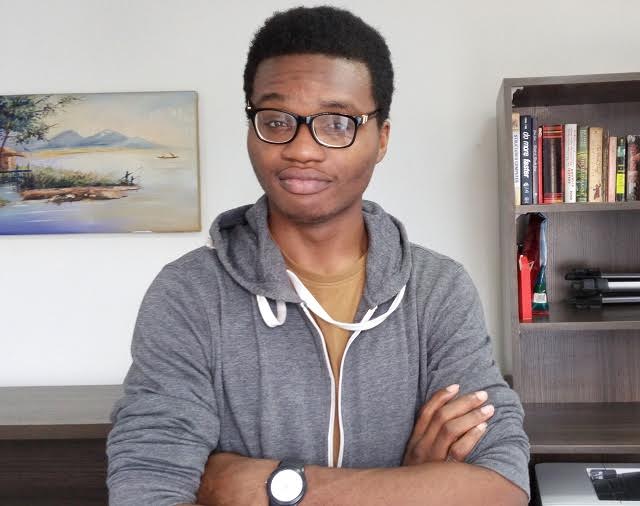Justin Irabor holds a BSc. in Agricultural Economics and Extension Services from the University of Benin, and is currently Head of Marketing at Jumia Food.
CN: Give us a brief overview of your educational and professional background?
What I have always been is a writer, and it is on top of that core attribute that I’ve knocked together something that resembles a career. While studying at the University of Benin, the need for solvency made me desperate for a job, but one that didn’t interfere with my education. And thus I got introduced to the concept of freelancing — schooling in the day-time, and at night I became an online contractor.
Since then I have worked with solid Nigeria tech/media platforms like Pulse.ng, Nigerian Bulletin, Hotels.ng and now Jumia Food. My job description has undergone several transfigurations as well: first as a freelance writer, then as an eCommerce executive, then a community manager, a content editor, then Head of Digital Marketing.
CN: Did you have to do a course for this, or did you learn the ropes on the job?
Every form of ‘education’ I have acquired has been after the fact. For example, I became proficient at using the Google marketing suite before I wrote the exam — and that, only so I had something tangible to prove to skeptics that I know my stuff. So, no — I didn’t take any courses; I learned on the job.
It’s a rather heart-thudding thing to do, learning on the job — you lose a lot of night’s sleep, and weight. It is a quick way, however, to move fast — because things need to be figured out, and quickly. I’d have it no other way.
CN: What are your primary responsibilities at work?
I have one singular function: to ensure that the company does not shrink. Every day, we must work against yesterday’s indulgent growth numbers — and seek to thrash it. The truth is what I do is make sure we grow, and the roadmap for that growth engulfs the little tasks we must do every day: Live. Die. Repeat.
CN: What do you consider to be the best career decision you’ve ever made?
Making the switch from regular writer to techie. I used to be a simple booty hunter, see — writing for anyone who could afford my fees. One day the website I was updating crashed, and we could do nothing until the tech support team from China migrated us from one server to another, putting together the database in a process that spanned days. I realized that I had no idea what they were doing, but my entire role depended on them fixing the issue. It made me want to know more. Since then I’ve been jumping at any opportunity to be in the deep end, as long as it is towards the entire tech-startup-code ballpark.
We win some, and we lose some, but we are the richer for having tried.
CN: What do you like most about your job?
Studying user behaviour. It’s interesting forming hypotheses about how people will react to a thing and watching it play out. We win some, and we lose some, but we are the richer for having tried. I rather enjoy trying to understand the pain points of customers using my company’s services and crafting a message/product/engagement formula for having that need met.
CN: What do you like least about it?
On some days, I say it’s the lack of structure, the ad hoc nature of my role — it’s half forward-thinking, and the other half is primarily reacting to stuff. On other days, I realize it’s one of the perks.
CN: How would a young person prepare for a career in marketing?
By working with a small team that’s still trying to figure out the ideal approach to serving its customers. At this stage, everything’s experimental and everyone’s learning: things haven’t become set in stone, and it’s all that nascent stage learning that helps build you into becoming a wise old owl of a marketer.
CN: If there were any other career that you would choose, what would it be?
I would be an animator/illustrator.
CN: What is/are your favourite quote(s)?
‘Purge not the urge to surge’ — it’s by my brother, Jeffrey Irabor.
CN: Which books have really made a difference in the way you think and live?
The Discworld series by Terry Pratchett helped me ground the writing voice I often find myself slipping to when I am writing free-form. Frederik Pohl’s A Plague of Pythons set me on the path to speculative fiction and 1984 by George Orwell simply gives me life.
Jason Fried’s Rework was helpful for me when I just started working with startups and while this isn’t technically a book, Paul Ford’s Bloomberg media-heavy long read ‘What is Code?’ helped me appreciate the backstory in the wonderful world of programming.


